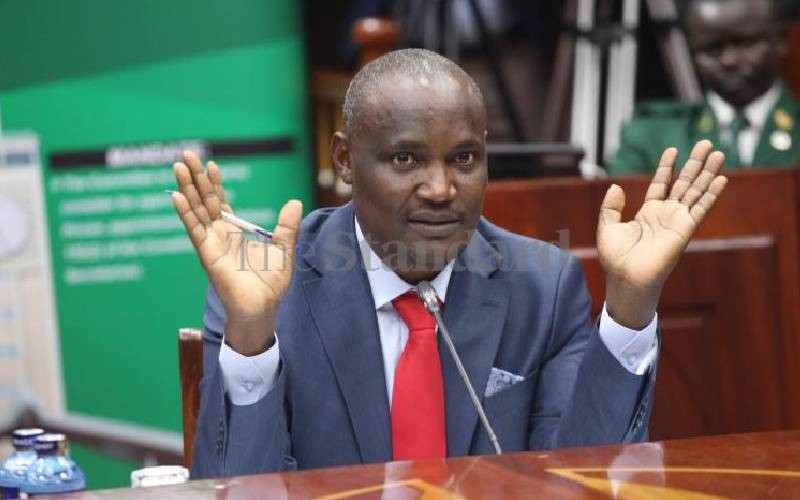×
The Standard e-Paper
Kenya’s Boldest Voice

The coronation of the so-called broad-based government on Thursday 'NaneNane' appears to be a masterstroke by President Ruto against the revolutionary Gen Z wave.
In a true Kenyan political chase game, State House was by all means hell-bent on scoring against what the young people dubbed the mother of all protests.